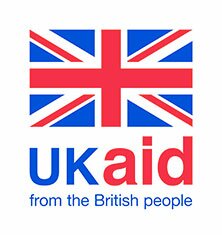COVID-19

This brief summarizes the recommendations and learning from the report published which explores the role that traditional leaders have played in the response to COVID-19 in Sierra Leone.






This report explores the role of traditional leaders – Paramount Chiefs, Youth Leaders and Mammy Queens – in Sierra Leone in responding to the COVID-19 crisis. This qualitative study in Kono district finds that traditional leaders did indeed play a key role, but that participation and decision-making was uneven. The report lays out recommendations to institutionalise the role of traditional leaders, in an inclusive way, to ensure further successes of state collaboration with traditional leaders in future crises.






In response to the COVID-19 pandemic, more than 200 countries/territories have expanded and adapted their social protection systems to mitigate the economic impact of the pandemic. Maintains is conducting a cross-country study to provide an operational assessment of these social protection responses using the conceptual framework and research questions described in this note.
Authored by Rodolfo Beazley, with Alexandra Doyle, Madhumitha Hebbar, Karin Seyfert, and Ludovico Carraro
All Maintains evidence and articles relating to COVID-19 can be found here.






COVID-19 presents major governance challenges. First, it requires a ‘whole of government’ approach – with joint activities and coherent decision-making across diverse ministries, public administrations, and agencies. Second, it requires a ‘whole of society’ response, where multiple levels of government work with the private sector, NGOs, and civil society in collaborative governance. Third, plans – and the teams put in place to deliver them – need to be adaptable due to uncertainty, imperfect information, and unclear scientific evidence.



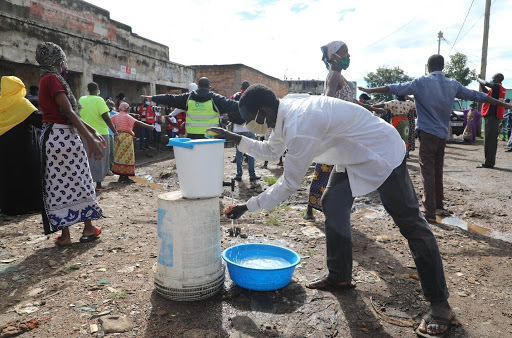




Credit: John Bundi / Kenya Red Cross Society
This executive summary of the full report documents the experiences and challenges of scaling up the response to COVID-19 in the first three months of the outbreak – March to May 2020 – in five countries: Bangladesh, Kenya, Pakistan, Sierra Leone, and Uganda. Authored by Debbie Hillier, Tom Newton-Lewis, Rithika Nair, and Christoph Larsen.





Credit: John Bundi / Kenya Red Cross Society





Credit: John Bundi / Kenya Red Cross Society
This report synthesises the findings from a series of rapid situation analyses on the initial response to COVID-19 in the first few months of the outbreak – March to May 2020 – in five countries: Bangladesh, Kenya, Pakistan, Sierra Leone, and Uganda. Authored by Debbie Hillier, Tom Newton-Lewis, Rithika Nair, and Christoph Larsen.





Credit: John Bundi / Kenya Red Cross Society
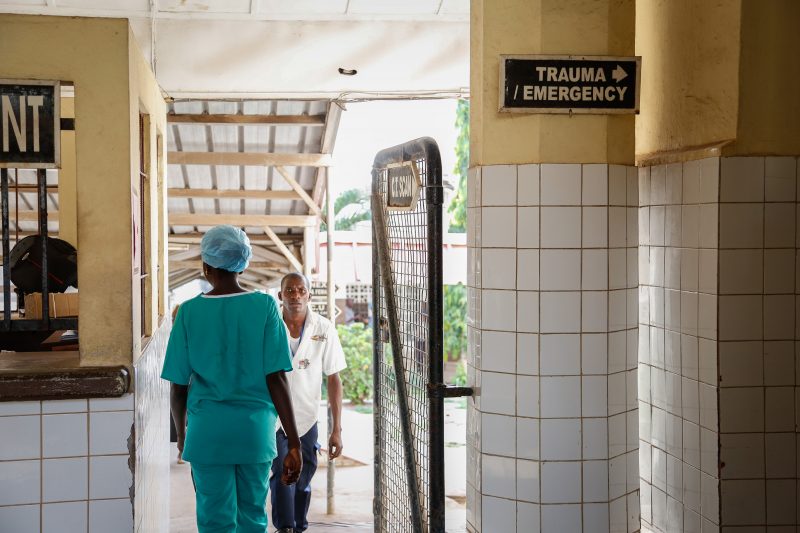


Credit: Simon Davis/DFID
Sierra Leone’s response to COVID-19 has been built on its experience of managing Ebola, but has faced a series of institutional and operational challenges that have influenced these efforts. This working paper reviews the first three months of the outbreak in Sierra Leone, exploring challenges and offering insights for Maintains and others wishing to support the response. Authored by Kevin Grieco, Yasmina Yusuf and Niccoló Meriggi.



Credit: Simon Davis/DFID
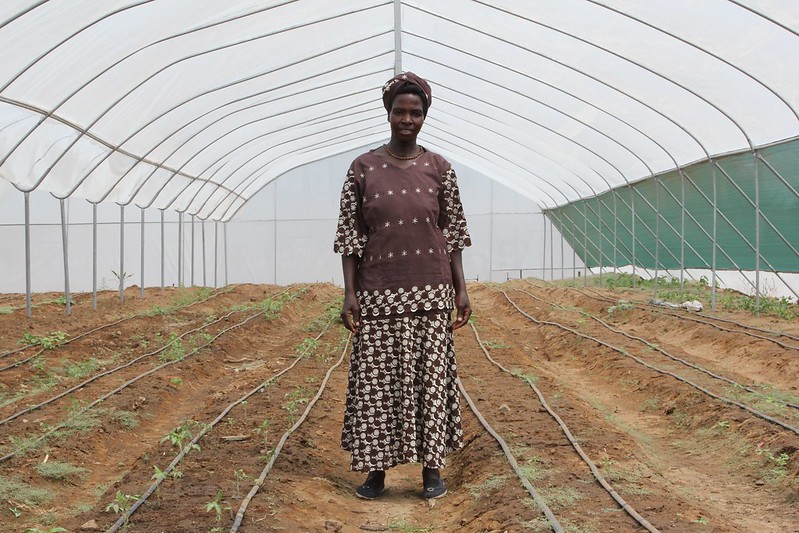


Credit: Marisol Grandon/DFID
The COVID-19 pandemic will mean many more millions of people will not have enough to eat, with predictions that some 265 million people could be pushed into acute food insecurity. This rapid literature review explores strategies to address the short and longer term impacts of malnutrition caused by the pandemic.



Credit: Marisol Grandon/DFID
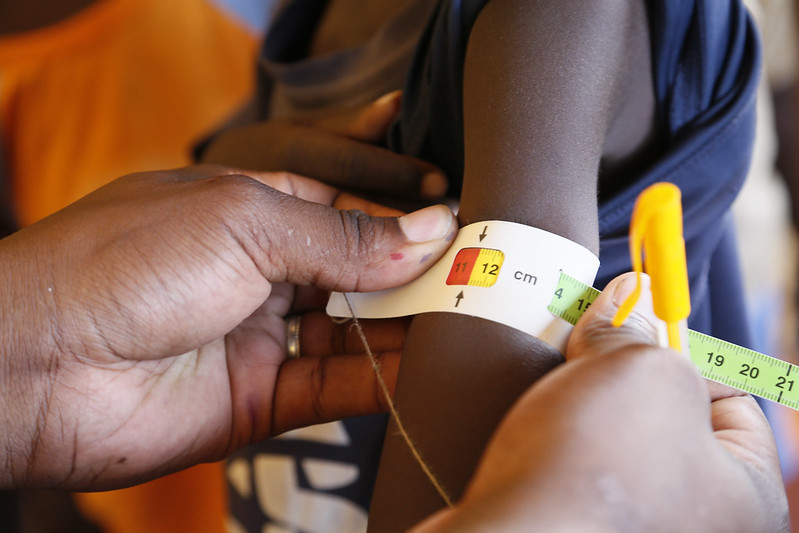


Credit: Russell Watkins/DFID
The COVID-19 pandemic will cause the already significant numbers of people who do not have enough to eat to rise, with predictions that some 265 million people could be pushed into acute food insecurity. This rapid literature review explores strategies to address the short and longer term impacts of malnutrition caused by the pandemic.



Credit: Russell Watkins/DFID


